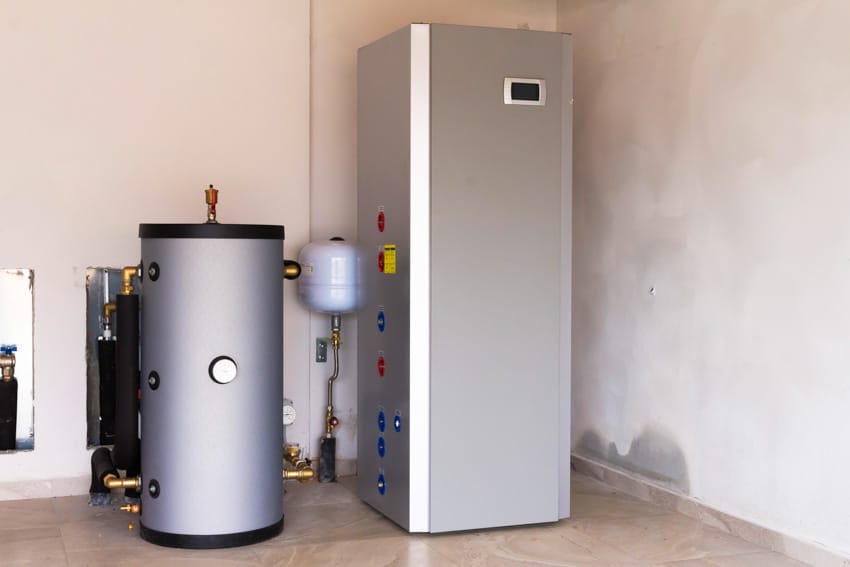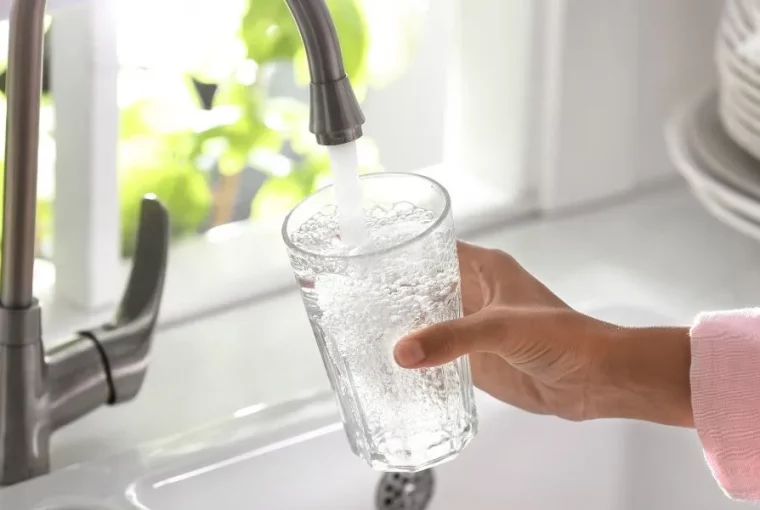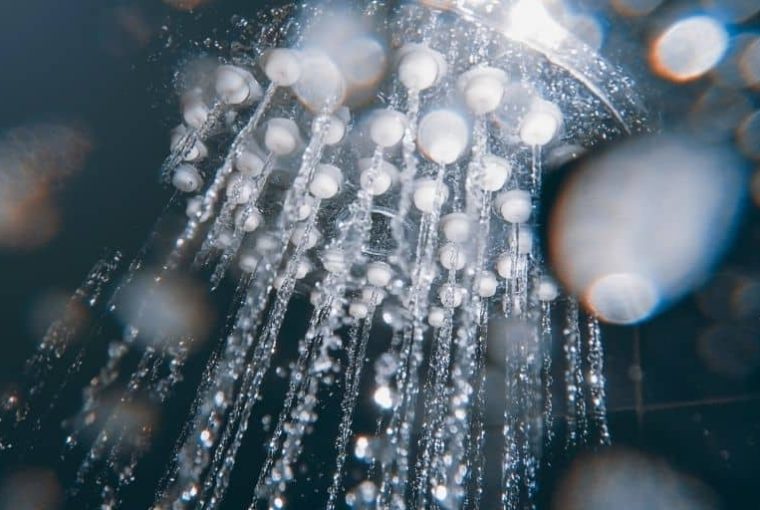Hybrid and tankless water heaters are designed with the technology developed in recent years. Although both these home appliances run on different technologies, they provide similar benefits in terms of fulfilling your hot water demands and saving your energy bills, etc. However, there’s always a machine out there that’s better for you than the other one.
So, in this article, we’ll discuss how hybrid water heaters and tankless water heaters work, their pros and cons, and what are the similarities and differences between them. Also, which one might be the right choice for you? Let’s get into more detail.
Hybrid water heaters:
Hybrid water heaters, also known as heat pump water heaters, use a combination of electricity and heat pump technology to heat water. They work by extracting heat from the air and transferring it to the water instead of generating heat via consuming energy. A water storage tank is also incorporated into its design which allows it to provide consumers with ample hot water.
Moreover, they are called hybrids because they can use two methods for heating water. The use of heat pump technology is the primary way for this heater to warm the water whereas when you need a lot more hot water than usual, the machine shifts to the electric heating method, which you may also find in the tank and tankless heaters.
This process is highly energy-efficient, making hybrid water heaters a popular choice among homeowners in recent years.
Pros:
- Energy Efficiency: Hybrid water heaters are highly energy-efficient, as they use heat pump technology to heat water. This means they use less energy compared to traditional tank water heaters.
- Cost Saving: These water heaters can help you save money on your energy bills in the long run. While they may be more expensive to purchase initially, their energy efficiency can offset the cost over time.
- Eco-friendly: Heat pump water heaters do not produce greenhouse gases and consume less energy, making them an environmentally friendly option.
Cons:
- High Cost: Heat pump water heaters can be more expensive to purchase than traditional tank water heaters and tankless water heaters, which can create hindrances for some homeowners.
- Space: Hybrid water heaters require more space than the tank and tankless water heaters due to their larger size and heat pump. They also need to be installed in an open area where they can access air in abundance in order to take heat from it
- Maintenance: Hybrid water heaters require regular maintenance to ensure optimal performance. This includes cleaning the air filter and checking the refrigerant levels. Also, proper drainage of collected moisture is required.
Tankless water heaters:
Tankless water heaters heat water on demand and do not have a storage tank. This means that they are more energy-efficient than traditional tank water heaters, as they do not have to constantly heat a large amount of water. This type of water heater will only warm the water when needed. These water heaters also take up less space than tank water heaters and hybrid water heaters, making them a good option for small homes or apartments.
Pros:
- Energy-efficient: Tankless water heaters are highly energy-efficient, as they only heat water when it is needed. This means they use less energy compared to traditional tank water heaters.
- Space-saving: They are smaller in size compared to conventional tank water heaters and heat pump water heaters, which means they take up less space and are perfect for small homes and studio apartments.
- Ample Hot Water: Tankless water heaters provide ample amounts of hot water, as they heat water on demand. This is a significant advantage for households with high hot water demand.
Cons:
- Very Expensive: Tankless water heaters can be more expensive to purchase than traditional tank water heaters
- Installation Costs: It’s not only that you’d have to pay a large sum to get the unit itself but the installation expenses are quite high as well. But, because they help you save money on energy bills, it might be worth getting a tankless heater.
- Limitations in water flow: Tankless water heaters have a limited flow rate, which means that even though you can get ample hot water supply for your shower, you may not be able to run a dishwasher, washing machine, or anything else simultaneously.
The similarities and differences:
There are many similarities and differences between the two types of water heaters.
Let’s see how they are similar to each other first:
- Both hybrid and tankless water heaters are energy-efficient. So, they may help you save money on your energy bills.
- Both of these water heaters are highly expensive and may also require you to pay a lot to cover the installation costs.
- Both of them require frequent maintenance to increase their lifespan.
- Both of them are capable of fulfilling high water demands although it may depend on some other factors like the temperature of the groundwater, the distance of the water heater from your faucets, how large is the family, and how much water your household consumes. In the case of hybrid water heaters, you may also want to know that the standard unit won’t work very efficiently in highly cold temperatures.
Let’s check out the differences:
- Both tankless and hybrid water heaters operate differently. As mentioned above, hybrid water heaters use the power of a heat pump and runs only on electricity while tankless water heaters either use gas or electricity to heat up the water.
- A Tankless water heater saves energy by only heating up water when you require it, as it doesn’t need to maintain hot water in a storage tank. Also, it prevents water wastage. On the contrary, the hybrid heater saves energy by not generating any heat of its own and extracting it from the air.
- When it comes to saving costs on bills, a hybrid water heater will allow you to save more money than a tankless water heater. However, a tankless heater may be less expensive to buy than a hybrid heater.
- The hybrid water heater may offer a lifespan of 12 plus years, meanwhile, tankless water heaters may offer 20 plus years of lifespan.
- If you live in an area where you have to deal with hard water, a water softener would be required to prevent the rock buildup and give you soft water which is healthier to use. However, hybrid water heaters do not require water treatment, meanwhile, tankless water heaters do need a water softener to be installed.
- If you have a large family, a single hybrid water heater may be able to fulfill your warm water needs; however, with tankless, you may have to buy more than one unit which could add up costs, exceeding your budget.
Hybrid water heaters vs. tankless: Which One is Right for You?
Now that you have read the similarities and differences between both types of water heaters, you may easily be able to figure out which water heater is right for your home. However, there are several factors to consider, including your hot water needs, space requirements, and budget. Here are some key considerations:
- Hot Water Needs:
If you have a large family or frequently use hot water for multiple activities simultaneously, a hybrid water heater may be a better option. They have a tank to store hot water, so you won’t run out of warm water as you might with a tankless water heater. Though if you choose to install more units of a tankless water heater, you won’t run out of hot water in that case either. But, it’ll be more costly.
- Performance:
When it comes to performance, both of these water heaters are good enough to heat water, but there are some factors that may disturb their performance. Hybrid water heaters may give you a tough time in extremely cold winters and won’t heat water very efficiently.
Meanwhile, tankless water heaters may also take their time to heat water depending on the groundwater temperature or the distance of faucets from the water heater.
However, under normal circumstances, these water heaters are good and way better than standard tank water heaters.
- Fuel:
Heat pump water heaters run only on electricity. There’s no option to run it on gas. However, if you prefer to run your water heater on gas, then tankless would be your go-to water heater.
- Space Requirements:
If you have limited space, a tankless water heater may be a better option, as it is smaller in size and can be easily installed in compact areas compared to a hybrid water heater that needs an open-air space.
- Budget:
Hybrid water heaters tend to be more expensive upfront than tankless water heaters. However, they may be a better long-term investment if you have high hot water demand and want to save money on your energy bills. Though it entirely depends on what you can afford.
Conclusion:
Ultimately, the right option for you will depend on your individual needs and preferences. It’s important to do your research and consider all factors before making a decision. Getting a consultation from a professional plumber may help as you can discuss the expenses with him and buy a water heater accordingly.



